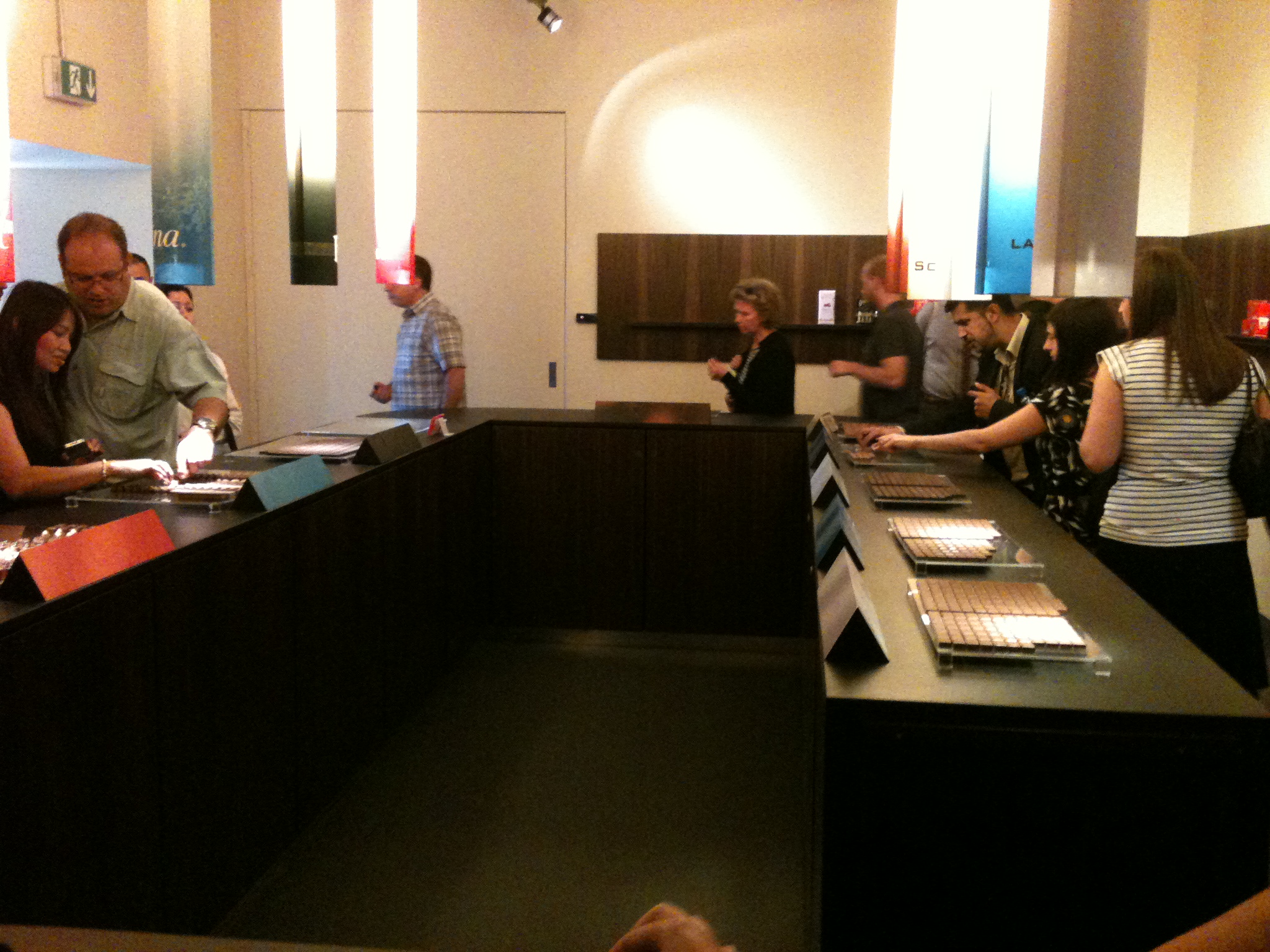According to a report in the Wall Street Journal (quoted in the Harvard Business Review), during the 20th Century, the age of Nobel Prize winning scientists increased by 6 years. A similar overall trend can be seen in the age of inventors and first patents. Why would this be so? An explanation put forward is the explosion of information.
BTW, I am aware that brainmail hasn’t been sighted for a while so here’s a bunch more stats that may – or may not – end up there eventually (with sources).
– 31% of people aged over 18 years-of-age spend, on average, 5 hours per day on a computer, tablet or smartphone.
– According to the British Retail Consortium, an average cash transaction in the UK costs 1.7 pence in transportation and banking costs, while a credit card transaction costs 37 pence.
– In 1800, 40% of the world’s trade passed through the port of Liverpool.
– Between 2003-4, 253 million books were borrowed from public libraries in the UK. By 2008-9 this figure had fallen to 215 million.
– By 2050, between 15% and 37% of species will be “committed to extinction.”
– A 2007 study in LA found drivers within a 15-block district drove 1.5 billion Kilometres each year looking for somewhere to park. That’s equivalent to 38 trips around the Earth, 178,000 litres of fuel, and 662 tonnes of CO2.
– In America, 14.5% of families suffer from “food insecurity” while 4.4 million people are fed by the government’s Supplemental Nutrition Assistance Program.
– Between 1984 and 2005, advertising sales halved at American newspapers.
– By 2020, 75% of TV channels will be accessed via the Internet (currently, 75% of video content is accessed via conventional television).
– 70% of app users do not read the terms and conditions before agreeing to them.
– Facebook accounts for 1 in 7 minutes spent online globally.
– Around 3 billion people are expected to be online by 2016, almost double the number online in 2010 (1.6 billion).
– 95% of posts to brands’ pages on Facebook go unanswered.
– In the early 1900s, farming employed around 50% of Americans. Today the figure is around 3%.





